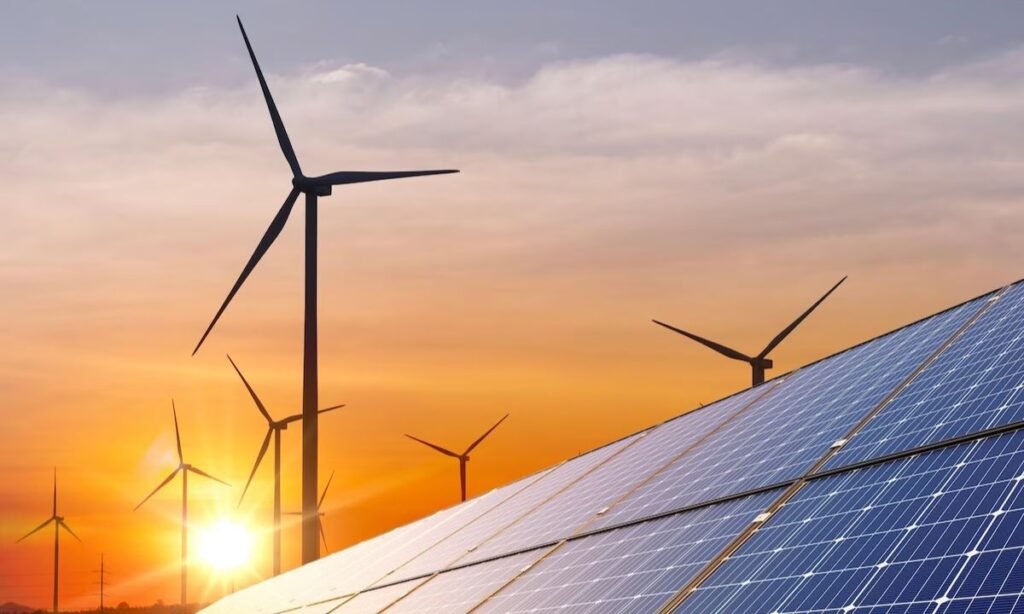In 2025, South Africa has taken a major leap toward energy independence with the introduction of the R10,000 Solar Home Grant, aimed at helping households reduce reliance on the national grid and combat the crippling effects of load shedding. This initiative is a key part of the Department of Mineral Resources and Energy’s renewed focus on decentralised and renewable energy solutions.
Frequent blackouts have severely affected homes and businesses, disrupting everything from basic household functions to remote work and schooling. The government’s new solar grant gives ordinary citizens the ability to regain control over their electricity needs while also cutting their monthly utility costs.
Who Is Eligible and How to Apply
The grant is available to low- and middle-income households earning below R350,000 annually, with priority given to homes in regions worst affected by power cuts. To qualify, applicants must own or have a long-term lease on the property where installation will occur. Applications are processed through the new “SunPower SA” platform, launched in collaboration with Eskom and the Department of Human Settlements. Successful applicants receive a one-time R10,000 voucher redeemable through approved local solar panel and battery storage vendors. This amount can be used to cover installation, purchase of solar kits, or battery backup systems.
Empowering Homes, Reducing Dependency

The Solar Home Grant is not just about energy savings it’s about empowerment. Many households have been forced to rely on expensive diesel generators or candles during outages, both of which are unsustainable. This program encourages the use of clean, renewable solar power, which can be stored and used even during peak demand hours. By reducing pressure on the national grid, each upgraded home helps stabilise South Africa’s fragile energy infrastructure. The government estimates that if just 100,000 homes participate in the first year, load shedding hours could be reduced by up to 12% during peak periods.
A Boost for the Green Economy
This initiative also acts as a catalyst for South Africa’s green economy, creating jobs for local technicians, electricians, and manufacturers. Training programs supported by SETAs (Sector Education and Training Authorities) will ensure a pipeline of skilled workers to meet rising demand for solar installations. Local businesses that produce solar components are also set to benefit, with incentives being introduced to source at least 40% of equipment locally, spurring industrial growth in clean energy.
Long-Term Vision, Energy Security for All
Officials say the R10,000 Solar Grant is only the beginning. If successful, it will expand to include rental properties and rural homes, with further subsidies offered for low-cost battery storage. Additionally, public housing projects are being designed with built-in solar infrastructure, ensuring long-term energy savings for South Africa’s most vulnerable citizens. The solar grant represents a critical pivot one that not only lights up homes but also signals a national shift towards energy justice, affordability, and sustainability in the face of a prolonged electricity crisis.

